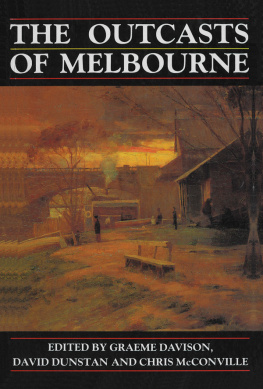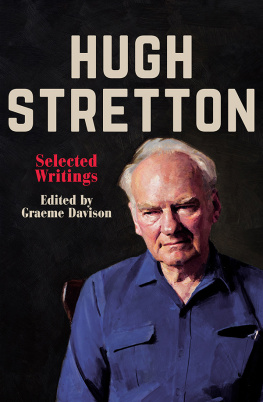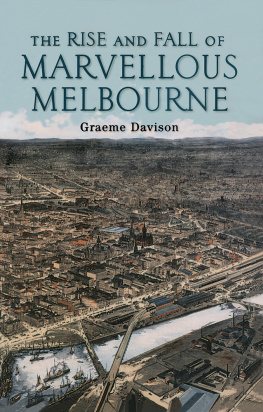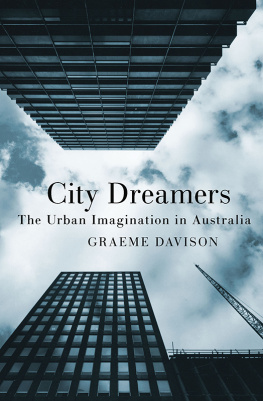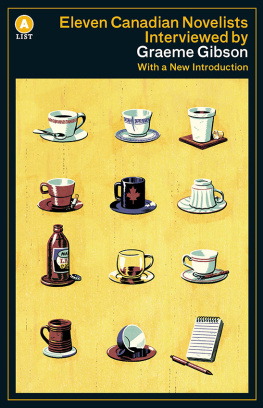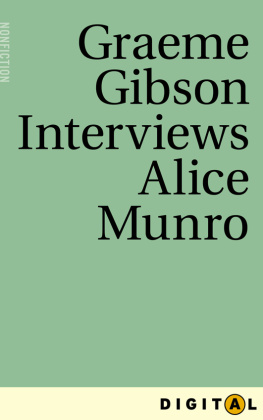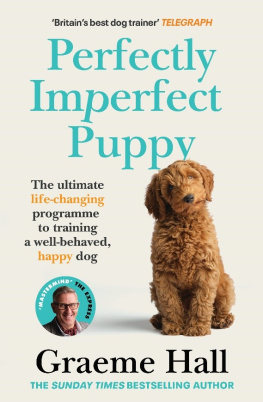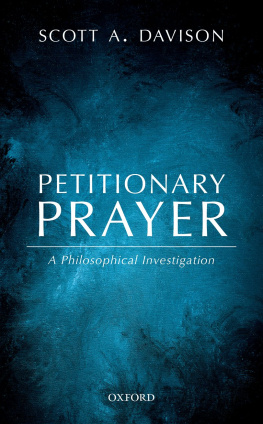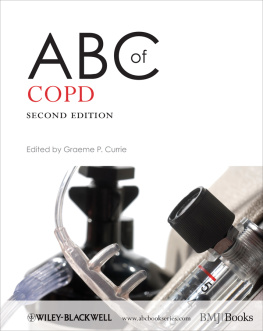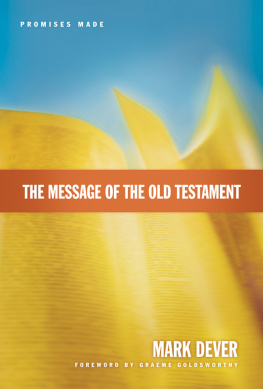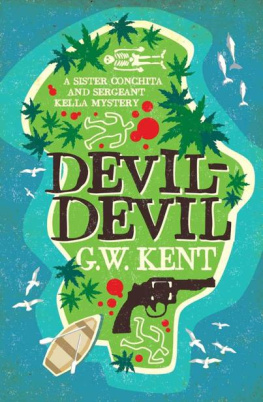THE OUTCASTS OF MELBOURNE
Behind the glittering image of Marvellous Melbourne there existed in the popular imagination another, very different, picture of the colonial metropolis. This was the city of low life, of crowded slums, poverty, disease and vice.
The nine essays in The Outcasts of Melbourne attempt to reveal the social realities behind this picture. They include new accounts of the forces which created the citys physical environment. They show how perceptions of a city can be shaped by campaigning journalists, artists and writers. They present collective portraits of the poor and the criminal classes and of those who set out to save them. They describe how the citys guardians the police, public health authorities and charity workers responded to the challenge of the slums.
By imaginative use of the rich deposits in the public records, these explorations in social history present new ways of documenting the lives of people whose daily activities were seldom reported in the popular press. In doing so, they also map the chains of causation which link the actions of individuals appearing before a committee of a benevolent society, getting arrested, evangelising at a Salvation Army rally to the social forces which have shaped the cities in which we live.
Graeme Davison is Professor of History at Monash University. He is the author of The Rise and Fall of Marvellous Melbourne (1978) and a co-editor of Australians 1988, a volume in the forthcoming bicentennial history. He is also the Chairman of the Historic Buildings Council of Victoria.
David Dunstan is the author of Governing the Metropolis (1984). He has been a journalist and a teacher at the University of Melbourne and at Deakin University, and is at present Senior Historian with the Heritage Branch of the Victorian Ministry for Planning and Environment.
Chris McConville teaches urban studies at Footscray Institute of Technology. A broadcaster and writer, he is co-editor of Families in Colonial Australia (1985).
First published 1985 by Allen & Unwin
Published 2020 by Routledge
2 Park Square, Milton Park, Abingdon, Oxon OX14 4RN
605 Third Avenue, New York, NY 10017
Routledge is an imprint of the Taylor & Francis Group, an informa business
Graeme Davison, David Dunstan and Chris McConville 1985
All rights reserved. No part of this book may be reprinted or reproduced or utilised in any form or by any electronic, mechanical, or other means, now known or hereafter invented, including photocopying and recording, or in any information storage or retrieval system, without permission in writing from the publishers.
Notice:
Product or corporate names may be trademarks or registered trademarks, and are used only for identification and explanation without intent to infringe.
National Library of Australia
Cataloguing in Publication entry:
The Outcasts of Melbourne.
Bibliography.
Includes index.
1. Labor and laboring classes Victoria Melbourne
History. 2. Urban poor Victoria Melbourne History.
3. Melbourne (Vic.) Social conditions 18511901. 4.
Melbourne (Vic.) Social conditions 19011914. I.
Davison, Graeme, 1940. II. Dunstan, David, 1950 III.
McConville, Chris.
305.56099451
Library of Congress Catalog Card Number: 85071418
Typeset in Times New Roman, by Graphicraft Typesetters Ltd, Hong Kong
ISBN-13: 9780868614465 (pbk)
Contents
Graeme Davison
Graeme Davison & David Dunstan
Chris McConville
Chris McConville
Shurlee Swain
Roslyn Otzen
Blair Ussher
David Dunstan
John Lack
Guide
GRAEME DAVISON is Professor of History at Monash University. He is the author of The Rise and Fall of Marvellous Melbourne (1978), the editor of Melbourne on Foot (1980), and a co-editor of Australians 1888, a volume in the forthcoming bicentennial history.
DAVID DUNSTAN is the author of Governing the Metropolis (1984). He has taught at the University of Melbourne and at Deakin University, and is at present Senior Historian with the Heritage Unit of the Victorian Ministry for Planning and Environment.
JOHN LACK is a lecturer in history at the University of Melbourne. He has completed a study of the Melbourne suburb of Footscray, and is a contributor to Australians 1938, a volume in the forthcoming bicentennial history.
CHRIS McCONVILLE is a lecturer in urban studies at Footscray Institute of Technology. He is a co-editor of Families in Colonial Australia (1985), and has completed a study of emigrant Irish in Sydney and Melbourne.
ROSLYN OTZEN is a teacher of history at the Methodist Ladies College in Melbourne. She is undertaking post-graduate work on the Melbourne City Mission at the University of Melbourne.
SHURLEE SWAIN is a lecturer in humanities at Deakin University. A social worker and historian, she has completed a study of the Victorian charity network in the 1890s.
BLAIR USSHER completed his Master of Arts in history at the University of Melbourne. He is a solicitor in Melbourne.
The editors would like to thank all those who, in one way or another, have helped with this book. They include those participants in the inter-university Urban History Seminar, now the Melbourne Urban History Group. Particular thanks are due to John Arnold, Alison Blake, Susie Boxshall, Diana Dyason, Val Edens, Mary Hoban, Andrew Hooper, Andrew Lemon, Ellen McCaughey, Shiela McDonald, Jock Murphy, Richard Overell, Paul De Serville, Paulette Schmidt, Gary Swinton and Sue Tomlins. We would also like to thank the Humanities departments of Deakin University and Footscray Institute of Technology, the Victorian Ministry for Planning and Environment, and the Centre for the Study of Higher Education at the University of Melbourne, also the History and Geography departments at Monash University. The Baillieu Library of the University of Melbourne and the State Library of Victoria were invaluable, but special mention must be made of the collections of the Melbourne City Council and the Victorian Public Record Office whose remarkable holdings continue to offer new and exciting insights into our past.
GRAEME DAVISON
In October 1888 Fred Coneybeer, an Adelaide horsecollar-maker, took his wife Maggie and infant daughter Olive for a holiday in Melbourne. On the first night they put up at the Federal Coffee Palace where they admired the view of the boom metropolis from their lofty bedroom window. It is a tremendous sight and no mistake, Fred wrote in his diary. Over the following week they sampled most of the citys best-known tourist spots: Coles Book Arcade, the St Kilda Esplanade, the Eastern Market, St Paus Cathedral, the Waxworks, the Bijou Theatre and the grandest show of all, the Centennial International Exhibition.
On Sunday morning, however, they embarked on an unusual excursion. I let Maggie have a look at Little Bourke Steet, Coneybeer confided. We walked up the middle of the road. It is a treat to see the different grades of Chinkeys. The respectable artisan evidently considered it a concession for his wife to inspect Melbournes most notorious street even on a Sunday morning, and he carefully steered her away from its even murkier byways. But a visit to Little Bourke Street was also, as he admitted, a treat. He was both repelled and fascinated by its rookeries, Chinese opium dens, gambling houses and brothels. The back slums, as the region was sometimes known, represented everything that respectable city-dwellers feared, but longed to know, about how the other half lived.

